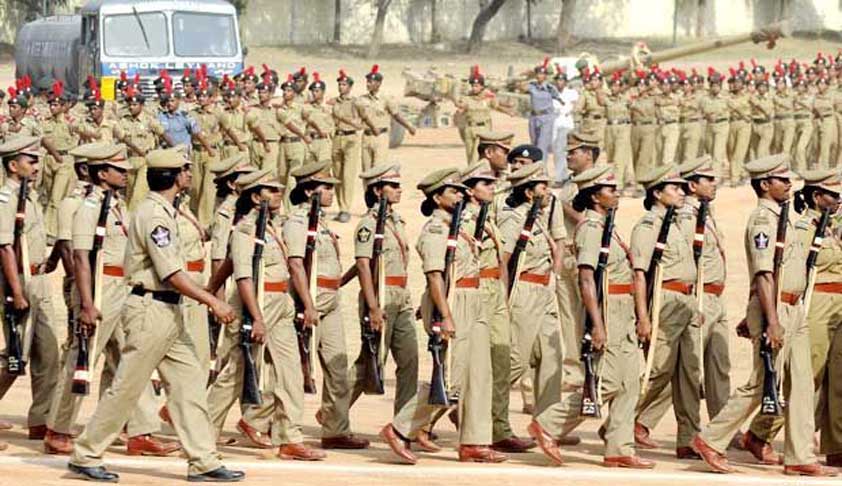- Home
- /
- Top Stories
- /
- SC emphasizes that Judiciary is...
SC emphasizes that Judiciary is also a stakeholder in police reforms
Apoorva Mandhani
14 Jan 2015 1:13 PM IST
A Supreme Court bench comprising of Justice T.S. Thakur, Justice R.K. Agrawal and Justice Adarsh Kumar Goel said that the Judiciary is also a stakeholder in the process of police reforms as the scientific investigation by trained persons was an essential ingredient of the criminal justice system.The statement came in the course of monitoring the implementation of its directions in 2006, in...
Next Story



